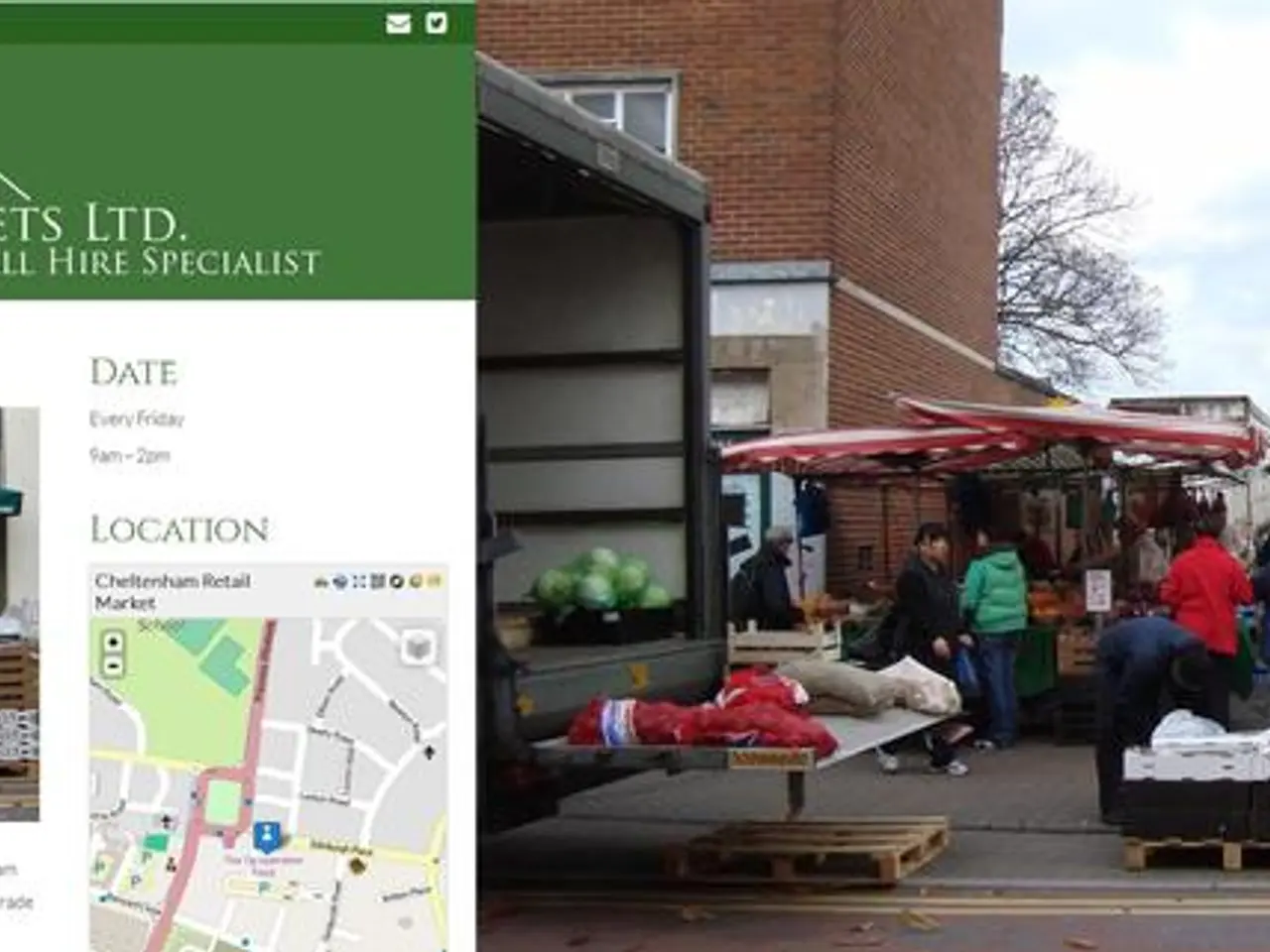Struggling automotive industry: Volkswagen experiences over a third decrease in earnings
Volkswagen Announces Major Job Cuts in Germany by 2030
In a significant move to secure its financial stability and adapt to the rapidly changing automotive industry, Volkswagen Group has announced a plan to reduce its workforce in Germany by approximately 35,000 jobs by 2030.
The restructuring, which is a proactive measure to address challenges, is aimed at improving the company's financial position and ensuring its long-term success. According to CEO Oliver Blume, Volkswagen has held its own economically in a challenging environment, but the time has come to "resolutely implement and accelerate restructuring where necessary."
The primary factors driving this decision are cost reduction and efficiency needs, the transition to electric vehicles (EVs), structural and operational challenges, and external economic pressures.
Volkswagen aims to save around 15 billion euros annually and reduce labor costs by €1.5 billion per year by 2030. This restructuring is part of a large-scale effort to make operations more profitable and sustainable in the face of industry changes.
The company is undergoing a $30 billion overhaul to shift from combustion engines to electric vehicles. However, weak demand for EVs in Germany and high production/investment costs have led to earnings drops and prolonged time to profitability for new models, intensifying financial pressures.
Despite investments, Volkswagen is earning less than desired on EVs and taking too long for new models to become profitable. CFO David Powels emphasized the need to fix structural problems to restore profitability, signaling further cost-cutting including job reductions.
The job cuts are planned primarily through voluntary workforce reductions, early retirement, and part-time arrangements before retirement. So far, about 20,000 workers have agreed to leave voluntarily, but these numbers include natural retirements and part-time transitions.
The departure of the HR chief who managed labor negotiations introduces risk and uncertainty about maintaining agreements with unions like IG Metall, which have threatened strikes over plant closures and apprenticeship cuts.
Additional factors such as tariffs (e.g., 1.3 billion euro impact from Trump-era tariffs) contribute to the challenging environment prompting restructuring and job cuts.
Despite these challenges, the order books of Volkswagen Group are well-filled, with vehicle deliveries to customers increasing by 1.3 percent in the first half of the year. The company has also made significant progress in design, technologies, and quality, and the result in the second quarter was "at the upper end" of expectations.
However, the profits for the second quarter decreased by 36.3 percent year-on-year to 2.29 billion euros, and the net profit fell by 38.5 percent year-on-year to 4.48 billion euros in the first half of the year. Revenue only decreased slightly by 0.3 percent to 80.1 billion euros in the first half of the year.
The restructuring at VW will focus on Germany, but the company emphasizes that the money that actually ends up in the cash register is what counts. The success of new products is the foundation of Volkswagen Group's economic stability, and the company remains committed to delivering high-quality vehicles to its customers.
[1] Reuters
[2] Bloomberg
[3] Autocar
[4] CNN
[5] Deutsche Welle
The Volkswagen Group is taking steps to improve its financial position and long-term success by implementing restructuring measures, including job cuts in Germany, amounting to approximately 35,000 positions by 2030. The company aims to save around 15 billion euros annually and reduce labor costs by €1.5 billion per year through this restructuring to make operations more profitable and sustainable.
This restructuring also involves a $30 billion overhaul from combustion engines to electric vehicles, with the goal of saving costs and adapting to the rapidly changing automotive industry. The move to electrical vehicles is a proactive measure to address challenges and ensure the company's fitness in the business world.




